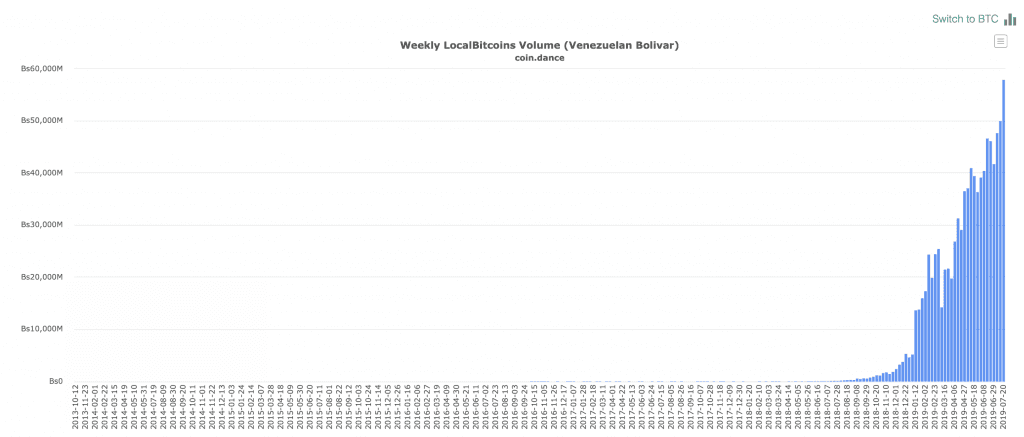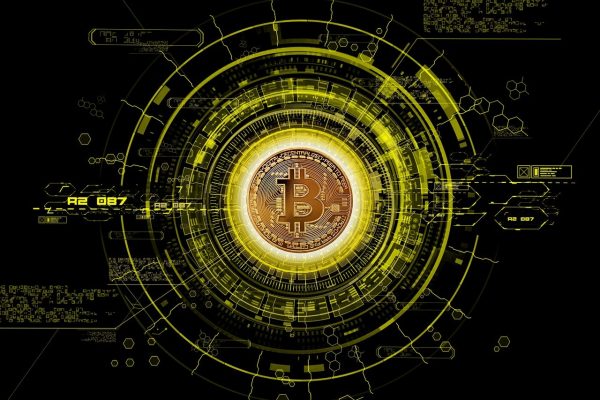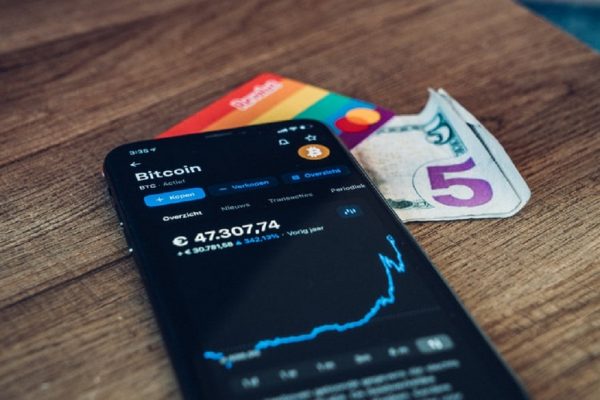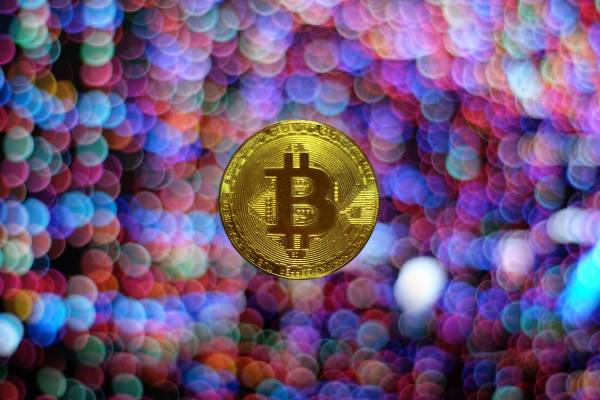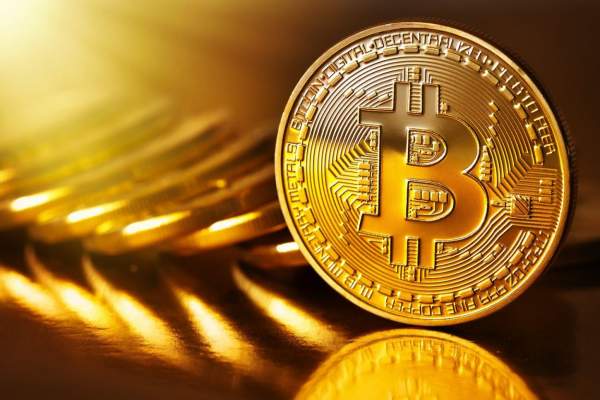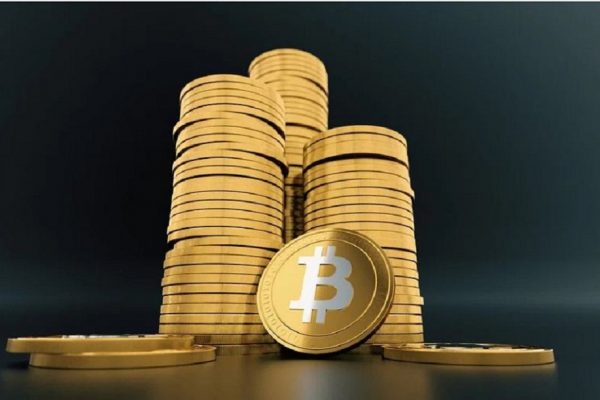For the last few years, Venezuela has been going through their worst social, economic and political moment. Venezuelans have found shelter in cryptocurrencies as an alternative to the enormous problem they are living each day. Bitcoin is one of the most used cryptocurrencies. We’ll explain everything about Bitcoin in Venezuela and how does it work.
To keep in mind:
- The main difference between Bitcoin and other currencies is that entities such as banks and government are not able to control Bitcoin.
- The major disadvantage of Bitcoins in Venezuela is that there are no Bitcoin dispensers or ATM nor institutions that allow withdrawing bitcoins. On the other hand, some platforms and facilitators trade bitcoins for bolivares.
- In spite of the bitcoin mining decrease in Venezuela, people may continue to benefit themselves through the Bitcoin–Bolivares trade.
Contents
Inflation in Venezuela
Inflation in Venezuela is one of the worst cases of inflation in the world’s history, on the scale of the devaluation of the German Reichsmark in the 1930s. In 2018 it was so bad that the Venezuelan Central Bank has stopped publishing inflation rates and the actual inflation even went over 1 million percent per year.
In practical terms, this means that if you own a store, you have to constantly increase the prices of your goods. If you receive your salary, it’s best to run to the store and immediately buy whatever you think you will need. If you wait till the next day you may only end up with half the goods.
Cryptocurrencies in Venezuela
During the last few months of 2018, Venezuela became the second country with the highest merchandising volume of Bitcoins, through the peer-to-peer trading platform known as LocalBitcoins, before it discontinued operations in February 2023.
What is Bitcoin?
Bitcoin is a currency, such as US dollar, euro, or any other currency, which its primary function is to trade assets and services. Unlike most coins, Bitcoin is an electronic currency which has as its main feature its safety and the simplicity of its trade.
One of the significant differences with other currencies is that a person or an entity can not control it. People and companies around the world, produce cryptocurrencies, dedicating an enormous amount of resources to Bitcoin mining.
Bitcoin was one of the first cryptocurrencies that got into the market and was accepted as a trade currency to obtain assets or services. Although Bitcoin is the most popular and most used cryptocurrency in Venezuela, like many other countries in the world, it is not the only one used in the country.
Bitcoin’s limited supply
By far the most appealing facet to Venezuela is Bitcoin’s limited supply. There will only ever be a maximum of 21 million BTC. Because of Bitcoin’s decentralized nature, no one has the power to change this. This is unlike a cryptocurrency like Ethereum, where one man, Vitalik Buterin, regularly comes with differing statements about the issuance of new Ether.
Bitcoin’s hard cap is a great antidote against inflation. Bitcoin’s value strongly fluctuates over time, but if your national currency mostly goes down in value it becomes much more interesting to actually move some of your savings over to Bitcoin.
Even if you had bought Bitcoin with Bolivars at Bitcoin’s all-time high (in dollar terms) in December 2017, your value in Bolivar terms would have been up any other day from February 2018 onwards.
People who don’t have access to this platform may use a facilitator who knows how to trade, in exchange for a percentage of the sales. Despite the fact the Bitcoin and other cryptocurrencies mining have decreased, Venezuelans may continue to benefit themselves financially thanks to the trading of Bitcoin.
Bitcoin as a payment currency in Venezuela
Some businesses have started to accept Bitcoin and other cryptocurrencies as a payment method in Venezuela. The main reasons for this are the lack or low purchasing power of the Bolivar, the devaluation of it, a lack of money in cash and the constant problem with the country’s online bank platforms.
A significant amount of businesses have registered in online platforms and apps to accept cryptocurrencies as a payment method. For example, you may find in registered companies such as sales of vehicles or spare parts, clothing and jewelry sales, restaurants, architects, doctors, hardware and even touristic services.
Businesses accepting bitcoin are all over the country, but the majority are in the Northern/Central region of Venezuela. This region includes states like Caracas, Maracay, and Valencia, as well as the Andean region, with the most outstanding cities, are like San Cristobal and Merida.
Sending money to Venezuela
The migration of an exceptional number of Venezuelans is the main reason the volume of Bitcoins in Venezuela has increased considerably. A big part of the Venezuelan population around the world financially helps their families that are inside the country.
A common method to send money to Venezuela is through international bank transfers. Nevertheless, this is one of the most expensive ways since banks charge exorbitant fees. Sending traditional money usually goes through Colombian banks, and then from there to Venezuelan banks. Every player in this trajectory takes their cut.
By using Bitcoin, these types of inconvenient are no trouble since it lets you send and receive remittance from any country in the world. A disadvantage in these cases is that there are no bitcoins cashiers or any institution that allow withdrawing your Bitcoins. In this case, you should always count on a third party contact that buys the cryptocurrencies for cash.
How to generate Bitcoins in Venezuela?
The process of generating Bitcoins is called “mining”. This process consists of verifying transactions and assuring the network used with specialized ASIC mining hardware. In exchange for this service the person, (or better yet the person’s computer), doing the mining receives bitcoins in return.
The design of the protocol works in a way that the new bitcoins created itself in a set pace. Bitcoin mining is a very competitive business. The only inconvenience of this process is that it needs a potent machine that consumes a very high amount of electric energy. Despite being an essential service, Venezuela has severe energy failures nationwide.
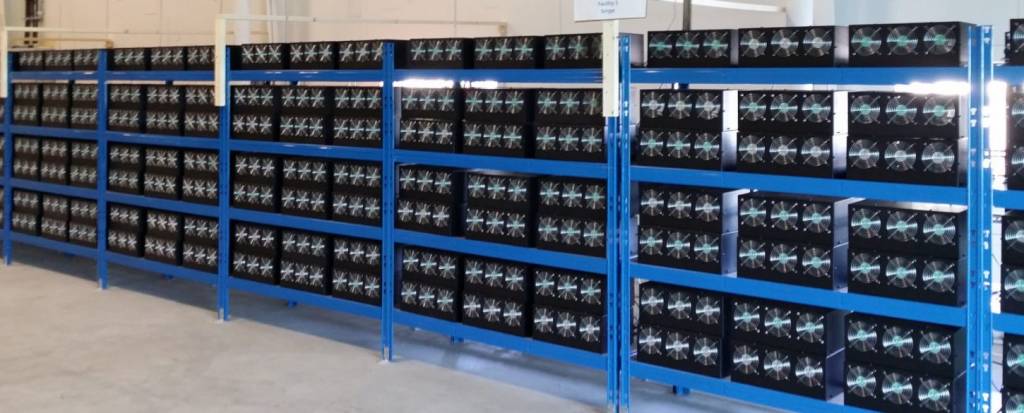
Even foreigners decided to take advantage of the situation and started mining in Venezuelan territory as even relatively old mining hardware that is not worth turning on with electricity prices over 5 cents per kWh can still be worth the effort in Venezuela – kind of thanks to inflation as electricity is priced in ever-decreasing Bolivars.
The constant failures with the electrical energy service, including nationwide blackouts that may last a minimum of four hours a day, during this time the Bitcoin mining is not possible.
More information
- The What Bitcoin Did podcast has several in-depth episodes about Venezuela
This post is also available in es_ES.


